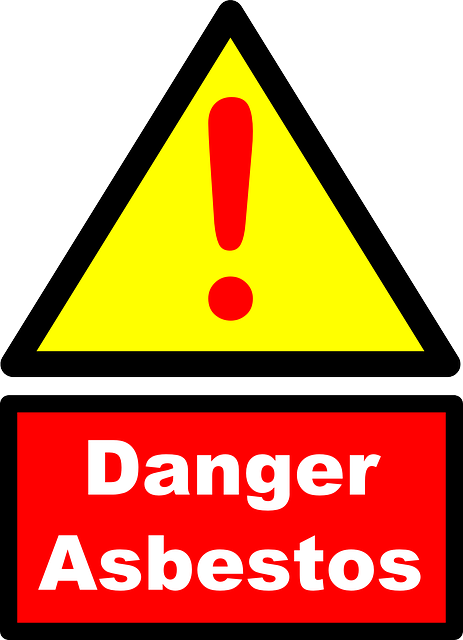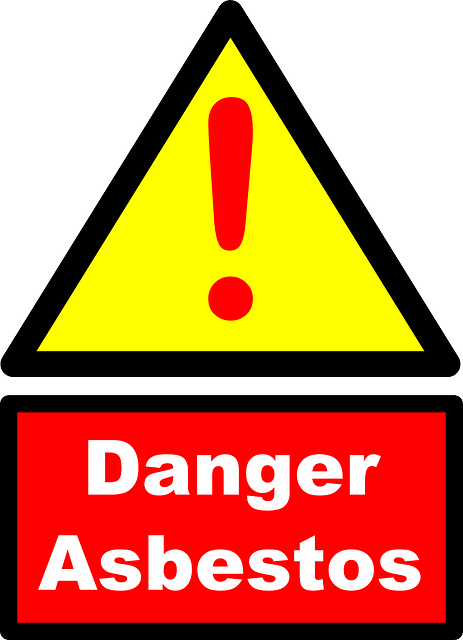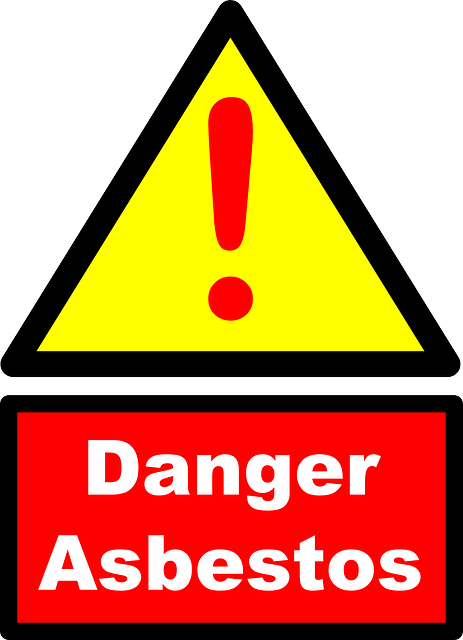Peoria residents face a rare but aggressive cancer, mesothelioma, primarily linked to asbestos exposure from construction, shipbuilding, and manufacturing industries. Early detection through imaging tests and biopsies is crucial for effective treatment, which often involves surgery, radiation therapy, and chemotherapy. Established treatment methods in Peoria include conventional approaches tailored to individual needs, improving survival rates and quality of life. Beyond traditional treatments, innovative options like immunotherapy, targeted drug therapy, and clinical trials offer new hope. Complementary therapies such as acupuncture, yoga, and dietary supplements can also aid symptom management and emotional support for mesothelioma patients in Peoria.
In Peoria, mesothelioma is a serious health concern, often resulting from asbestos exposure. Understanding this rare cancer, its causes, and early diagnosis is paramount. This article explores comprehensive treatment options available for Peoria residents battling mesothelioma, ranging from conventional approaches like surgery, radiation, and chemotherapy to innovative alternatives that offer hope for improved outcomes and quality of life. Discover how advanced treatments are reshaping the landscape of care for Peoria mesothelioma patients.
- Understanding Mesothelioma in Peoria: Causes and Diagnosis
- Conventional Treatment Approaches for Mesothelioma in Peoria
- Innovative and Alternative Treatments for Mesothelioma in Peoria
Understanding Mesothelioma in Peoria: Causes and Diagnosis

Mesothelioma, a rare yet aggressive form of cancer, affects the thin layer of tissue that covers internal organs, particularly in the chest and abdomen. In Peoria, as with many parts of the country, the primary cause of mesothelioma is exposure to asbestos. This mineral was widely used in construction, shipbuilding, and manufacturing industries before its harmful effects were fully understood. Over time, inhaling or swallowing asbestos fibers can lead to the development of mesothelioma cells, which divide uncontrollably, forming tumors.
Diagnosing mesothelioma in Peoria requires a comprehensive medical evaluation. Symptoms may include chest pain, shortness of breath, coughing up blood, and unexplained weight loss. A combination of imaging tests, such as X-rays and CT scans, along with a biopsy to examine tissue samples, helps confirm the diagnosis. Early detection is crucial for effective treatment, which often involves a multidisciplinary approach combining surgery, radiation therapy, and chemotherapy to combat this formidable disease, specifically targeting Peoria Mesothelioma cases.
Conventional Treatment Approaches for Mesothelioma in Peoria

In Peoria, as with many parts of the country, conventional treatment approaches for mesothelioma typically include surgery, radiation therapy, and chemotherapy. These methods are well-established and offer significant benefits to patients diagnosed with this rare but aggressive cancer. Surgery plays a crucial role in removing affected tissue, while radiation and chemotherapy work together to destroy any remaining cancer cells. The combination of these treatments is often the most effective way to manage mesothelioma in Peoria, aiming to prolong survival and improve quality of life for patients.
Each patient’s treatment plan is personalized based on several factors, such as the type and stage of mesothelioma, their overall health, and personal preferences. These conventional approaches have shown promise in treating Peoria Mesothelioma cases, providing a comprehensive strategy to combat this challenging disease.
Innovative and Alternative Treatments for Mesothelioma in Peoria

In addition to traditional treatments like surgery, radiation, and chemotherapy, patients with mesothelioma in Peoria have access to innovative and alternative therapies that offer new hope. These options are particularly appealing for those seeking less invasive approaches or complementary care alongside conventional methods. Immunotherapy, for instance, harnesses the body’s immune system to fight cancer cells, providing a promising avenue for certain types of mesothelioma. Targeted drug therapy is another advanced treatment, focusing on specific molecular changes in cancer cells to inhibit their growth and spread.
Peoria’s healthcare institutions also offer experimental treatments through clinical trials, giving patients access to cutting-edge therapies not yet widely available. These innovative approaches often involve gene therapy, tumor vaccines, or novel combinations of existing treatments. For patients exhausted from conventional care, alternative options like acupuncture, yoga, and dietary supplements can help manage symptoms, improve quality of life, and provide emotional support in their battle against Peoria mesothelioma.
In conclusion, while mesothelioma presents significant challenges for residents of Peoria, understanding the causes and early diagnosis is crucial. Conventional treatment options offer hope, but innovative and alternative approaches are also transforming the landscape of Peoria mesothelioma care. Patients and their families should explore these diverse strategies to consider the best course of action tailored to their unique situation. With continued research and advancements, the future holds promise for improved outcomes and a brighter prognosis for those affected by this rare yet severe disease in Peoria.
